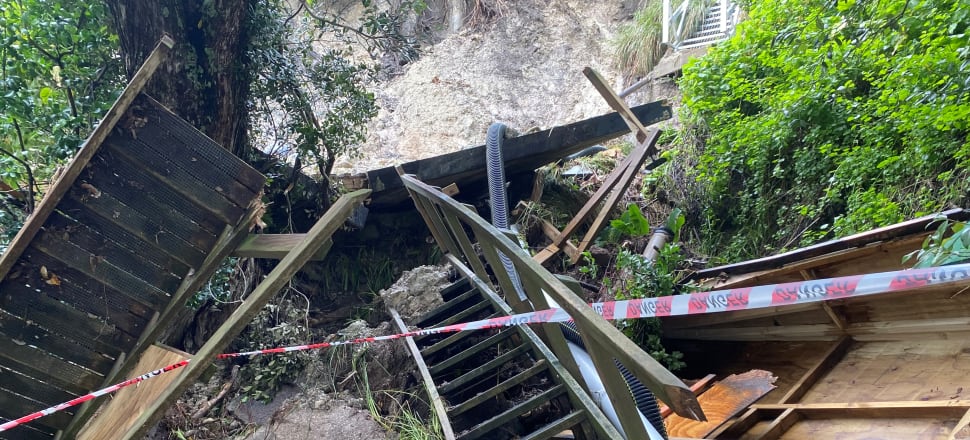
An author ponders New Zealand on the point of collapse
Dunedin has been enjoying some unusually warm weather. Apparently the ocean surrounding us is several degrees warmer than normal, which is an unprecedented anomaly. When I headed to Warrington Beach up the coast in late January, I could only agree as I splashed in the shallows and big waves rolled in from the endless expanse of the Pacific. The sky was a blank empty canvas of blue and the sun beat down on the dry brown hills. It seemed, like so much else, unreal.
A fortnight later and a cyclone has churned down one side of the North Island, on the heels of a torrential downpour in Auckland. Just on a weather map alone, it looked menacing as hell. Most of the population have been through the immediate carnage, and those of us at the other end of the country watch on in disbelief. The climate emergency is no longer angry men denouncing Greta Thunberg. It has got real, real quick, and assumed a most definite form. Now, one might think, would come sober reflection – a reckoning and recognition that we have allowed things to get away from us.
But my sense is resistance to change will now harden. As evidence of impending disaster becomes clearer, it will be drowned out by a cacophony of resentment and freeform rage. The feel good media stories of individuals and communities pulling together to help out are a temporary phenomenon, an automatic reflex that recalls a national self-image. When the water keeps coming, we will find that New Zealand and New Zealanders are perhaps not all that special. This place has changed a lot, even in a few short years. Our physical infrastructure has been revealed as unfit for purpose, our largest city vulnerable. The social bonds that hold us together are just as frail. Just as the past 30 or 40 years have been spent in ignoring slow rot in our social and environmental systems, we have at the same time become a nation of strangers.
The new Auckland – the Auckland of monsoons and cyclones – is going to be one of the big problems going forward. What will happen instead is a deepening slide into crisis. As the situation worsens, resources will become scarcer and the ability to take meaningful action will corrode. It is already at a disturbingly low ebb. My past experience in political arguments is that people broadly agreed on the reality they were arguing about. They just had different views on what that reality meant. We all agreed unemployed people existed – some of us thought they were generally victims of an irrational economic system, and others thought they were losers or bludgers, but the difference was in interpretation of agreed facts.
New Zealanders will not have the social resilience to handle a collapsing system. The mood will become more paranoid and bitter
Now, there often isn’t a shared set of assumptions about what is real. Jacinda Ardern is a communist. The World Economic Forum wants a One World Government. Climate change is being manipulated by sinister global forces to take away freedoms. Vaccines are killing thousands of people. These are no longer the obscure obsessions of a few, but concepts that have moved into the cell of mainstream political life through a process of osmosis. How any collective response, or even rational debate, is now possible is an open question.
After decades of being told to look after number one, New Zealanders will not have the social resilience to handle a collapsing system. The mood will become more paranoid and bitter. There will be institutional paralysis as wave after wave of new crises hit – a new pandemic, ongoing weather events, global recession, disruption to supply chains. There is little sign our society is prepared.
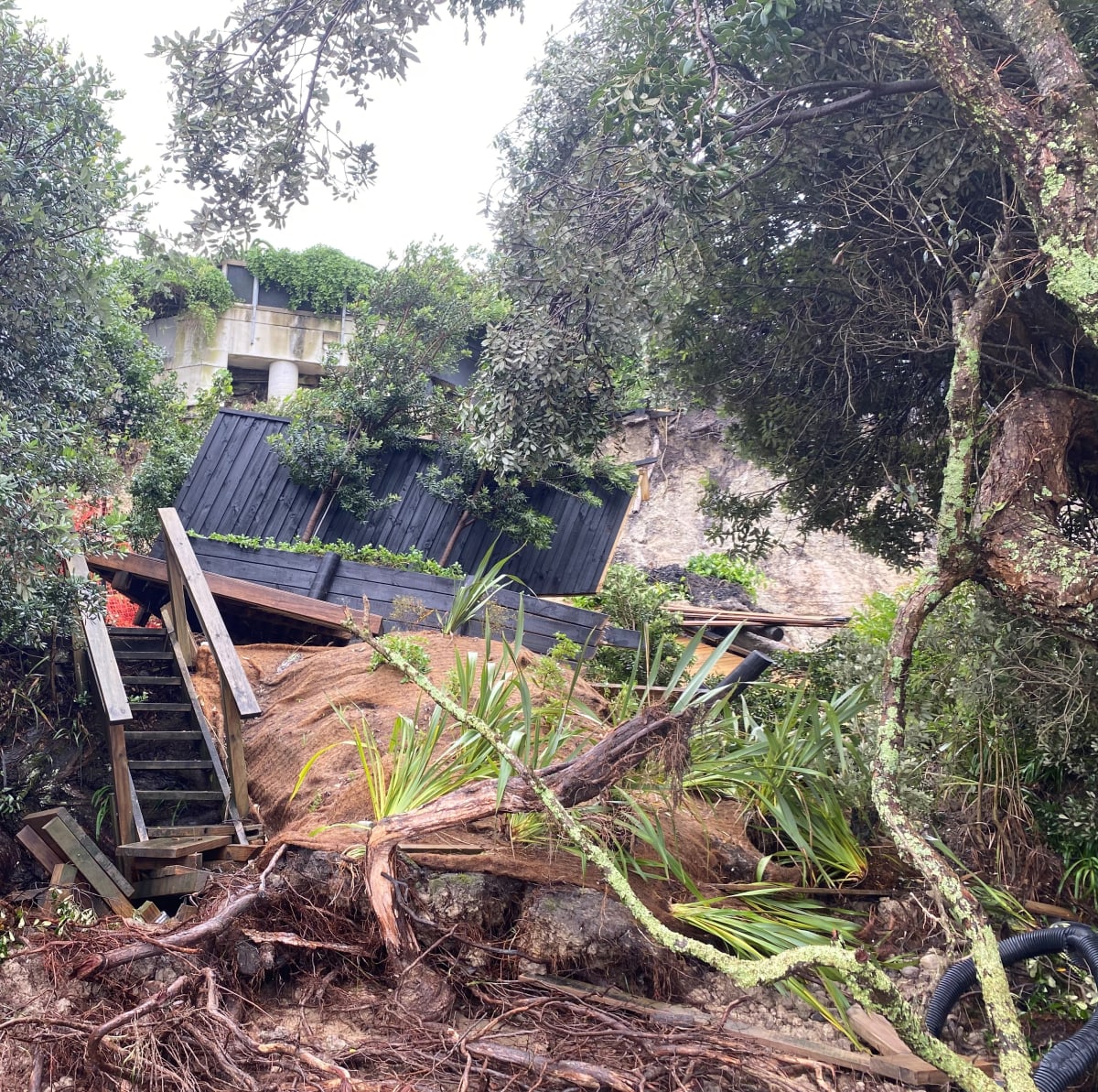
But even I was surprised at how completely things went sideways when Auckland got hit by the first wave of heavy rains in January 2023. The Auckland weather events showed a startling level of confusion and chaos. Whether this can generate a demand for action and reform is a good question. There is plenty of shouting and ‘communication’ but this does not translate into action. I don’t believe our society or its institutions are up to the job. How change will happen – or if it can happen – is uncertain.
This type of talk is not wildly popular. It attracts the derision of social media. Provincial yahoos guffaw at any suggestion there is an environmental problem. Outright denial is still popular – “I remember floods in the 1970s” is the classic rejoinder. We are now seeing an inevitable shift though, as it becomes more untenable to deny what is happening around us. But it is not a shift towards doing something about the problem. More pragmatic right wingers admit climate change exists, but present it as an issue of adaptation.
I suspect the majority middle ground of the population just see climate change as like everything else, another hovering doom that lends modern life its curious nagging anxiety
The Act Party position seems to have shifted these days from arguing about climate science to suggesting that market forces will save the day in the form of technological wizardry. There may be something in this, although I suspect any technological fix will come in the form of the super intelligent AI brain that will simply take over and force the human race off its trajectory of self-destruction.
But here we are talking about the respectable right wing, arguing their case in democratic forums. Once you get in deeper to the discussion threads and social media fringe, the tone of reason starts to evaporate fairly quickly. There is an utter contempt for “greenies” and “commies” from a fervent and angry minority, but not a small minority. The radicals are on the right these days. The further out you swim, the more edgy the claims: climate change is a fiction or a conspiracy, driven by globalist cabals, and those responsible must be brought to account (a familiar echo from the Covid protests). There is no bottom to this murky ocean, and you can just keep sinking down into darkness where the theories get more and more bizarre.
I suspect the majority middle ground of the population just see climate change as like everything else, another hovering doom that lends modern life its curious nagging anxiety. They may be concerned but it was still remote, unlike their rising mortgages. By the time it was no longer remote (like January 2023) they were too busy trying to survive to think about it. It’s like the line in Ernest Hemingway’s The Sun Also Rises. “How did you go bankrupt?” asks Bill. “Gradually, then suddenly,” replies Mike.
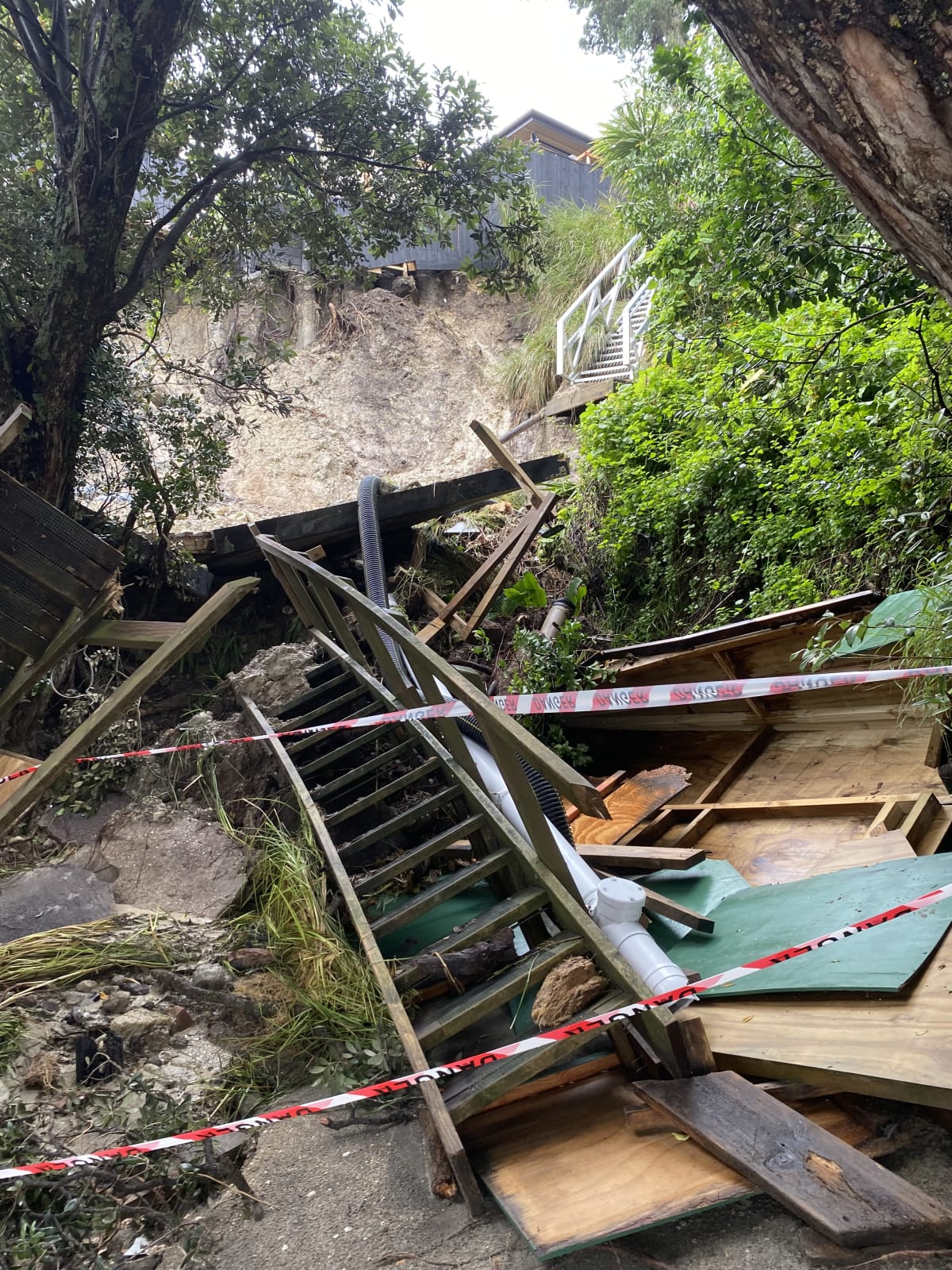
This brings us to another point. Another group of people simply aren’t connected to this debate that goes on in the media. Their lives are constrained by poverty, health problems, drugs, crime. Problems are much more immediate. They are not part of the debate, even though they will be affected the worst as they don’t have any financial or personal security as it is.
It pays never to underestimate the level of confusion and ignorance. Facebook comments regularly tell how melting ice caps don’t matter, because when ice cubes melt in a glass of water, the water level stays the same
I work for a blue collar trade union, and I am amazed at how young members engage with the world purely through social media platforms, where they can pick up some absolutely crazy attitudes and viewpoints. I once found out vaccines can give you webbed feet. In this case, we are talking about gainfully employed people with at least basic literacy, but even then the influence of misinformation is pervasive. Further out, where people have dropped out of conventional society entirely, things must get even more exotic.
It also pays never to underestimate the level of confusion and ignorance. A personal favourite example, rolled out regularly in Facebook comments, is how melting ice caps don’t matter, because when ice cubes melt in a glass of water, the water level stays the same. Our largest ice caps (some kilometres deep) are on land like Antarctica and Greenland, so the ice cube thesis does not hold water, as it were. This folky wisdom might be charming in a less deadly context.
Because of the lack of scientific understanding in the general population, an assumption is made by earnest people that the problem is a lack of information. The thinking is our response to climate emergency should be some kind of rational decision making process that we all engage in, based on a shared set of data and understanding. The facts are obvious, surely?
The error here is to believe that fact based argument is going to change hearts and minds. But we are in a post-truth age – an age of truthiness. None of us are that far away from fourth form, where the squares and nerds with their graphs and science fairs were despised. This vein of resentment was mined with an intuitive brilliance by Trump, although the process of cultural degeneration appears more advanced in the United States than here. There is so much information out there now that it is coming out of our ears. Journalists try to break it down into digestible chunks for mass consumption and get abuse for their troubles.
The nebulous blob of conspiracy has shifted shape, and nimbly reformatted itself to engage with climatology rather than pandemics. As someone told me, why should they pay attention to what the NASA website says about climate change? Where do they get their grants from? It is a curious experience to be a left winger and get schooled in the nefarious tactics of the US Government – follow the money, man! Frustrating too, to hear echoes of your own left wing arguments about the corruption of the system curve back at you, but detached from any rational axis, and effectively and efficiently conjuring up a paralysing cloak of paranoia.
Even those people who don’t claim every ice core sample researcher is an agent of the New World Order, are prone to attacking experts in certain scientific fields – what do they know, after all? These types still listen to experts, just bogus ones. Climate scientists don’t know what they are talking about, but check out this You Tube link to a bug eyed dude going on about Agenda 21 and advertising crypto.
Children barely old enough to understand their place in the world are being handed an impossible burden – and they know it. Remember the protests, back across the other side of the Great Covid divide?...The lesson they learned after they all had gone back to their classrooms is that their chants and handpainted signs don’t count for shit
That leaves the eco-radicals, way over on the other side. You might imagine as things get worse we will see more people glueing themselves to motorways or other self-sacrificing direct action. But no. The militant minority seem disconnected from mainstream society, resented by the majority, and perhaps protected by the police from enraged commuters. Their dramatic actions are a sign of impotence, headlines reinforcing their marginalisation rather than advertising an inchoate mass movement. The activists give an impression of a certain religious character, visionaries who feel on the outside of society, and who don’t understand how they come across to dull conventional people. Dull conventional people are of course the ones you have to convince. But I don’t have any better ideas, even if I do get impatient with these tactics.
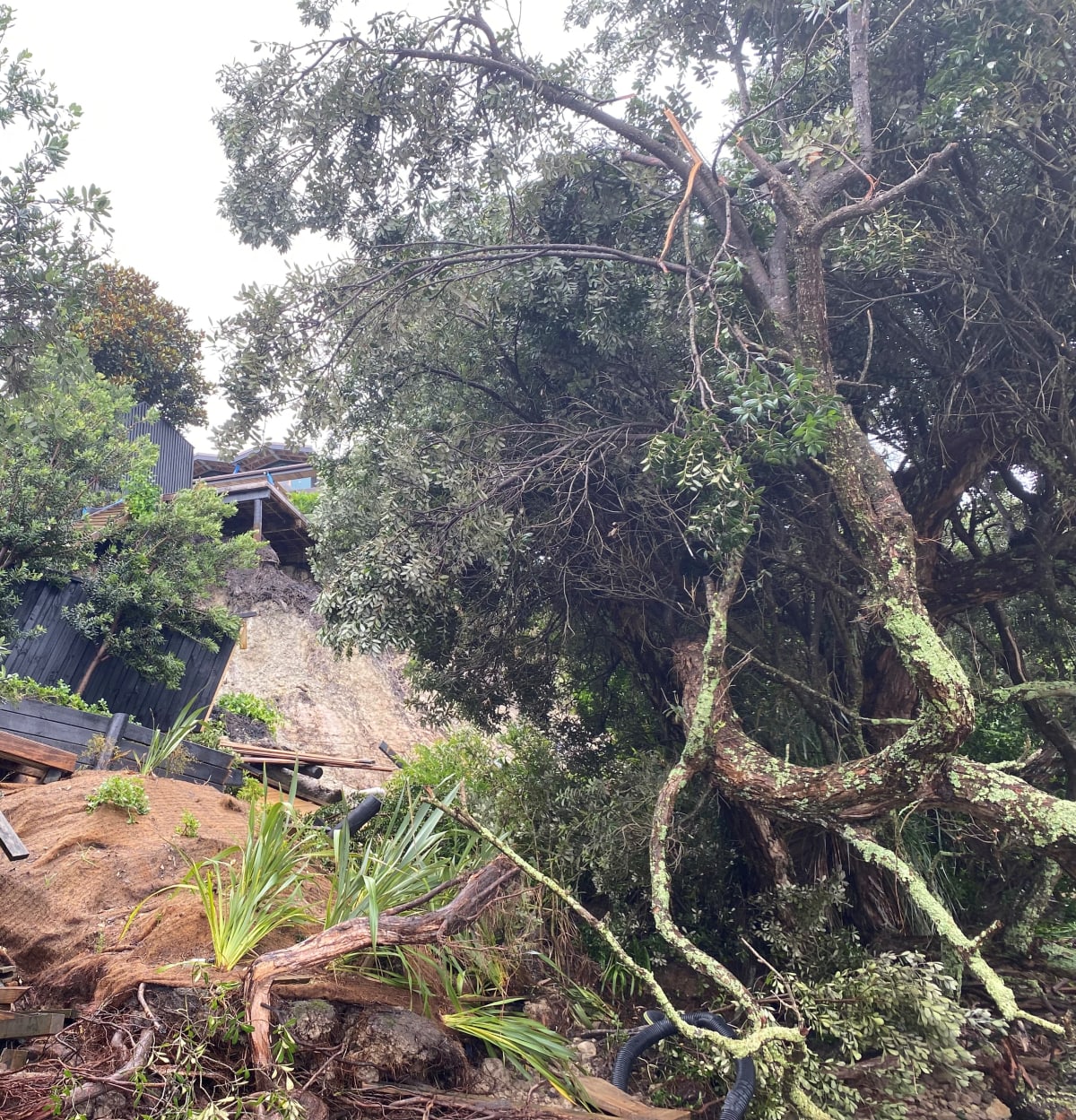
The most pathetic sign of how things are not changing are the protests of the young. The climate strikes, the school walk outs, the marches. The participants are not pathetic. What is pathetic is the sense of betrayal, the nausea that children barely old enough to understand their place in the world are being handed an impossible burden – and they know it. Remember the protests, back across the other side of the Great Covid divide? They were met with formulaic hostility by talkback halfwits, and the acquiescence or quiet approval of liberal teachers and parents, but these waves of youthful idealism evaporated in the blink of an eye. The old industrial-era methods of organising, of structure, are no longer where it’s at, and when Covid hit the young retreated back into their screens and social media, our great legacy to them. Sudden upsurges of enthusiasm will return, enabled by the viral nature of digital technology, but the ability to crystallise this into a sustainable, long term movement seems to have evaporated as well.
Of course, half the school kids may not have known the finer points of what the protest was about. Sure, some flew off to Fiji on holiday or have a flash iPhone, as dreary critics moaned on about. But who cares? Hypocrisy is unavoidable in this world. The young were learning about being part of something bigger than themselves, expressing a view in a non-violent way – what should be a lesson in politics and collective power. But the lesson they learned after they all had gone back to their classrooms is that their chants and handpainted signs don’t count for shit. Some of the smart, motivated ones will go on to get involved in groups and campaigns – I have come across a few – but most will inexorably get dragged into the swamp of mortgages, kids and the year in, year out grind. Maybe a couple will become Green Party MPs down the track, or get flown as youth delegates to climate conferences to express their outrage. And nothing changes.
The truly heart-rending thing here is that we seem to now be relying on the young to do the heavy lifting. I’m not even talking about university students. Teenagers are looked to, but there is something different about the existential crisis we face now. Protesting about nuclear weapons in the Cold War was relatively straightforward in a sense. But the climate emergency, like so much of our time, is amorphous. The lines of engagement are hazy, shifting, even nonsensical. You can buy a copy of a Bill Gates book about fixing global warming in the airport bookstore as you head off to contribute another tonne of carbon dioxide to the atmosphere. If it makes you feel better, Gates and the other billionaires are still zooming around in their private jets, or going for joy rides on private rockets into low orbit. At the same time, you can check your phone and read comments from some young working class guy with tatts and a ZZ Top beard ranting about the One World Government and 5G nanobots.
The British comic Alexei Sayle once reflected on the debate about whether creative artists could make a difference to politics. Art didn’t seem to have an effect on politics, he concluded. But then again, went the punchline, politics no longer seemed to have an effect on politics either.
One of the interesting things about the modern world, at least for me, is how the only people who seem to make sense of things these days are comedians. In an age where so many things seem to be going wrong, without the faintest hope of resolution, it is a relief to have someone pointing out the flaws and fallacies of the status quo. Unfortunately, the flip side of this is that we all laugh along, but the problems remain, and get worse.
There is no coherent path for New Zealand to take to deal with the climate problem. That’s because, rather than a technical issue which a practical Mr or Ms Fix-It can resolve, the causes of the problem run deep into the structures of our economy and society. A lot of effort goes into trying to generate ‘market solutions’ to climate change. But at a deeper level, modern capitalism is a system based on eternal growth and a certain rate of return. How this is compatible with a finite and collapsing biosphere has not been explained. Some of the world’s wealthiest businesspeople now spend their time planning the colonisation of other planets and mining asteroids. Others are building elaborate bolt holes up the road from me in Central Otago, where their vast wealth seems to be regarded with awe and unease. All this does not indicate a great confidence in the future of the system from its prime beneficiaries. It is now easier to imagine the end of the world than the end of capitalism, to paraphrase Fredric Jameson.
How things will fare as new pandemics arrive, or repeated cyclones collide with the North Island, is not a happy thought. People have some strange ideas as to how New Zealand will somehow be protected from this vortex
Powerful economic interests dominate political decision making, and despite regular elections and voting, there are definite boundaries as to what is permitted. The powerful economic interests have always existed, but there is a new sense of the absolute agency finance has over our lives, for example. We are obsessed, with good reason, about our KiwiSaver, our mortgage rates, and soothsaying of market commentators, but the activities of these institutions operate in another realm from democracy or even overall rationality. The economic actors – individuals and businesses – are rational in their immediate methods and goals (sometimes.) But the system as a whole operates in state of pervasive chaos. Some pro-market philosophers argue this is a positive and prevents concentration of power or totalitarianism. But there is still power, just an unchallengeable and amorphous power, and a kind of market totalitarianism. A system of our own creation runs us, not the other way around. Even billionaires are subject to its judgements and capricious moods.
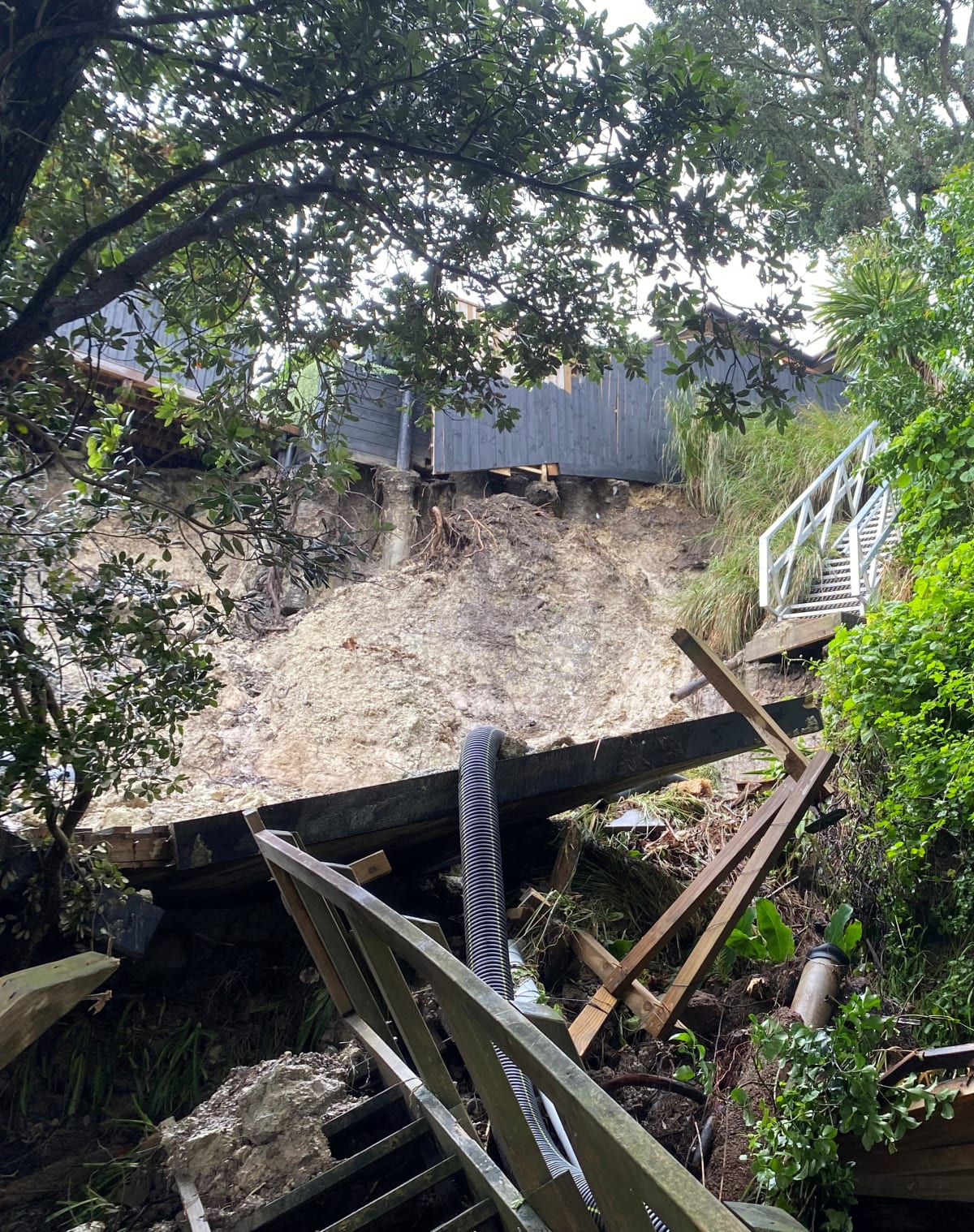
There is a current term doing the rounds which seems to cover our current predicament – “polycrisis.” The idea is that diffuse systemic crises are having a compounding effect on each other. Economic recession creates social tension. War and pandemics disrupt supply chains. Ecological collapse leads to all of the above. Covid was serious enough, but it was not a civilisation-threatening event in itself. Even then, it revealed just how thin the line between a functioning and non-functioning society is. There was a worldwide failure of the political legitimacy of Governments. There was economic chaos, social conflict and the near collapse of health services.
How things will fare as new pandemics arrive, or repeated cyclones collide with the North Island, is not a happy thought. People have some strange ideas as to how New Zealand will somehow be protected from this vortex. That is where the comfortable illusions set in. We are a long way away. We produce food. We are decent people who look after each other when the chips are down. Well, maybe.
But what is not recognised is how far New Zealand has changed. We are completely integrated into the global economic system, reliant on imports of pretty much everything. We eventually turned on each during Covid. Social dysfunction is rife as it is, and there is a survival of the fittest mood out there, whether it is predatory landlords, or at the other end of the market, meth-fuelled gangland hits. Once things get worse, and the novelty wears off, the idea that people will suddenly change their ways seems naive. Why would they? My entire adult life has been a series of lessons that worrying about others is a fool’s mission. You end up with an attitude of ‘realism’, which is a nice way of saying you stop caring. Victor Billot's wildly popular Odes to public figures resume this Sunday.







